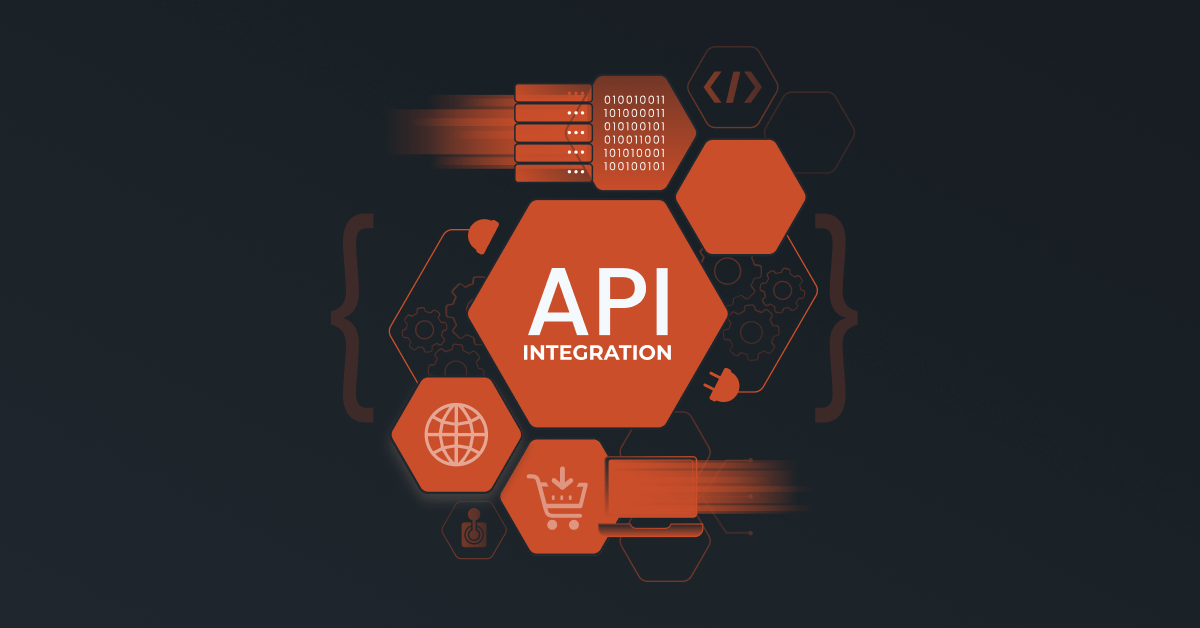0818 Work Insights
Your go-to source for the latest work trends, tips, and advice.
API Integration: The Secret Sauce for Seamless Software Connections
Unlock seamless software connections with API integration—discover the secret sauce for boosting efficiency and innovation!
Understanding API Integration: How It Transforms Software Interactions
API integration is a vital aspect of modern software development that enables different applications to communicate and exchange data seamlessly. By establishing standardized protocols for interaction, APIs allow developers to implement functionalities that extend the capabilities of their systems without the need to build everything from scratch. This not only saves time and resources but also enhances user experience by providing more comprehensive and interconnected services. As businesses increasingly rely on digital solutions, understanding how API integration works is essential for fostering collaboration between different software systems.
Moreover, effective API integration can significantly transform software interactions by automating tasks and streamlining processes. For instance, by leveraging third-party APIs, companies can integrate payment gateways, social media platforms, and other essential services directly into their applications. This leads to improved efficiency and reduces manual intervention. In addition, the adaptability of APIs means that organizations can innovate and scale their offerings quickly, keeping pace with evolving market demands and enhancing customer satisfaction.

Top 5 Benefits of API Integration for Your Business
API integration offers a myriad of advantages for businesses looking to streamline their operations. Firstly, by connecting various software applications, APIs facilitate seamless data exchange, ensuring that information flows effortlessly across different platforms. This real-time data sharing not only enhances efficiency but also reduces the risk of errors that can occur when manually transferring data. As a result, businesses can make quicker and more informed decisions, ultimately boosting overall productivity.
Another significant benefit of API integration is improved customer experience. By integrating APIs, businesses can create more cohesive and personalized interactions with their customers. For instance, integrating payment gateways or customer relationship management (CRM) systems allows for smoother transactions and better customer support. This level of integration can lead to increased customer satisfaction and loyalty, making it an essential component for any business strategy. In summary, adopting API integration can result in enhanced operational efficiency and superior customer engagement, laying the groundwork for future growth.
What is API Integration and Why Does It Matter for Your Software Solutions?
API Integration refers to the process of connecting different software applications through their Application Programming Interfaces (APIs). This allows services and applications to communicate with each other, enabling them to share data and functionality seamlessly. Proper API Integration can enhance the capabilities of your software solutions by allowing them to leverage existing systems and data, ultimately leading to improved performance and user experience. For instance, integrating payment processors, social media platforms, or CRM systems can significantly streamline operations and create a more cohesive ecosystem for your users.
Understanding the importance of API Integration is crucial for any business looking to stay competitive in today's digital landscape. It not only improves efficiency by automating processes but also provides real-time data access which is essential for informed decision-making. Moreover, API Integration opens the door to innovate and expand your offerings, as it enables you to integrate cutting-edge technologies such as artificial intelligence or machine learning effortlessly. In summary, API Integration is a vital aspect of developing robust software solutions that meet the evolving needs of your users and maintain a competitive edge.